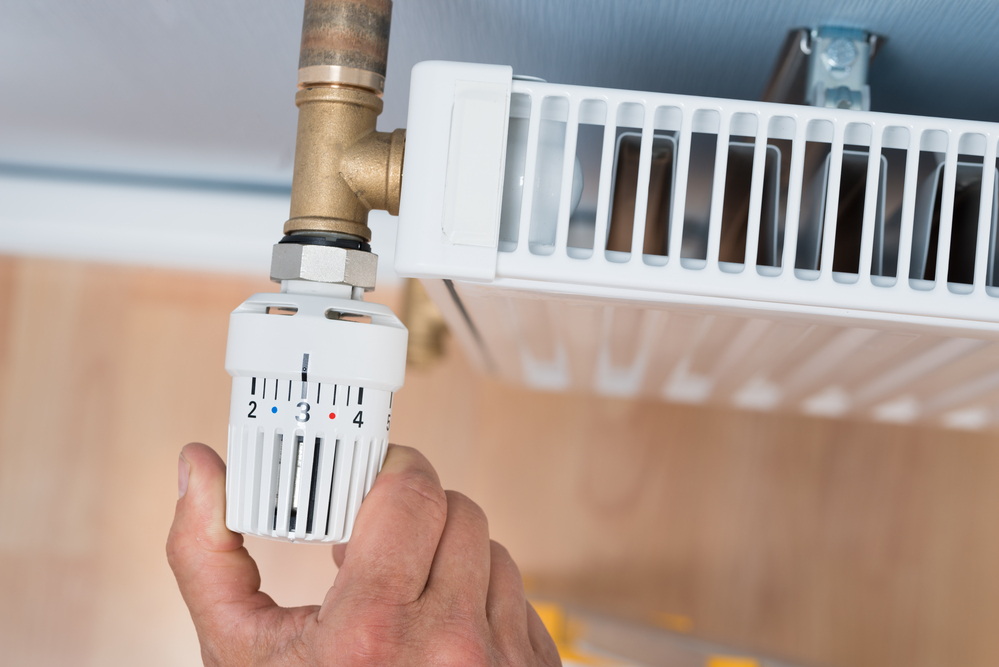Concerns about the Dutch gas stocks for next winter have caused prices to rise yet again — and this time the influx is drastic.
Yesterday morning, the most important gas contract to the Netherlands surpassed the limit of €100 per megawatt-hour for the first time, reports the NOS.
By the end of the day, the contract stood at almost €118 per megawatt-hour which is almost eight times higher than last year.
Where are the price increase felt?
The rapid increase in the price of gas in the Netherlands is mainly affecting the industry.
Due to the high prices, the industry is scaling down production to cut costs. Meanwhile, other companies warn that their products are becoming more expensive as a consequence of higher production costs.
However, it’s not just producers that notice the higher gas prices. Depending on how you’ve set up your utilities, the heightened gas prices might affect your household’s energy bill as well. 😅
READ MORE | Gas, electricity, water and more: ultimate guide to utilities in the Netherlands
Researchers warn of high prices and potential shortage
Following the decision to shut down the Groningen gas fields, the Dutch government has put full trust in the market. 📈
However, researchers warn that there’ll be a “big gap” between the full closure of the gas production in Groningen and the realisation of sufficiently large scale sustainable energy production in the Netherlands. As a consequence, they say the country could become susceptible to extreme gas prices and energy shortages. 😳
READ MORE | 10 dang smart ways to save on energy costs in the Netherlands
While working on a long-term and potential EU solutions to the continuously rising prices, the Dutch government has made half a billion euros available for reducing various energy taxes in the Netherlands.
What do you think of the developments in Dutch gas prices? Tell us in the comments below!
Feature Image: AndreyPopov/Depositphotos




I usually think Dutch governments are smarter than that. Leaving things to the market? Sounds dangerous for average consumers of natural gas. Can that all end right?